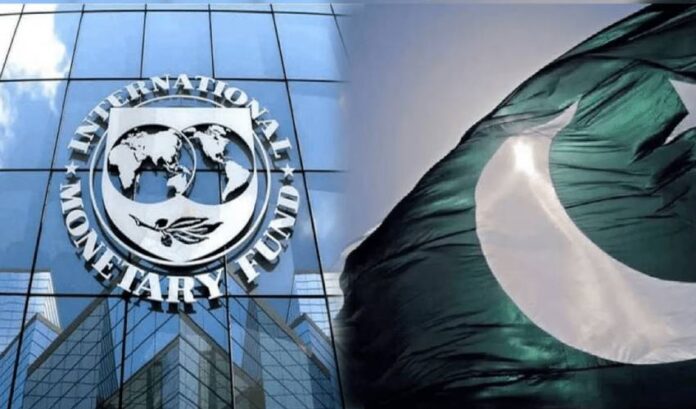ISLAMABAD: Nathan Porter, the International Monetary Fund’s mission director for Pakistan, has cautioned that the recent $7 billion bailout package could be the country’s final chance if the recommended reforms are implemented with genuine intent.
In an interview with an American media outlet, Porter underscored the IMF’s commitment to helping Islamabad maintain a robust macro exchange rate alongside sound fiscal and monetary policies, while also encouraging economic liberalization to enhance private sector contributions to national development.
These comments follow Pakistan’s successful acquisition of the long-anticipated bailout approval from the IMF’s Executive Board on September 25. The country has since received the initial disbursement of $1.03 billion, boosting its foreign exchange reserves to approximately $10.7 billion.
The current government has frequently expressed its desire for this bailout program to mark the end of reliance on IMF assistance.
Porter addressed the challenges facing Pakistan’s economic growth, emphasizing the IMF’s supportive role and the factors contributing to declining foreign investments. He noted that the first review of the ongoing debt program is set to begin in December, with results likely to be presented to the board by March or April.
While some officials, including Finance Minister Muhammad Aurangzeb, have claimed that the IMF imposed harsh conditions on the current program due to a lack of trust, Porter contested this view. He argued that the IMF takes into account a country’s unique issues when developing its programs, and the conditions for Pakistan were not unduly stringent.
Porter recalled that the previous program was initiated during a period of high inflation and a significant current account deficit, aiming to stabilize the economy and foster growth.
He also addressed China’s financial involvement in Pakistan, noting that Beijing’s stance on loans to Islamabad aligns with its approach toward other nations.
In relation to the agricultural sector, the IMF has recommended phasing out the support price system and agricultural subsidies, citing that such programs primarily benefit wealthier farmers while burdening smallholders. He highlighted that these schemes have contributed to rising debt at the provincial level and increased flour prices.
Responding to concerns about the economic impact of IMF policies on ordinary citizens, Porter emphasized the need for a fair and effective tax system, which he believes would alleviate burdens on the public while generating funds for social welfare.
Regarding the low levels of foreign investment, Porter identified excessive government intervention in the business sector as a significant barrier. He stated that while Pakistan has the potential to be an attractive investment destination due to its market size and labor force, improvements are necessary. Key steps include reducing government interference, reassessing tariff and pricing powers, reforming state institutions, privatizing certain entities, and lowering power generation costs.
Amid reports about the government’s decision to halt the establishment of additional special economic zones—which previously offered subsidies and incentives—the IMF views such measures as counterproductive to achieving economic goals. Porter concluded that the government’s role should focus on providing a foundational framework for businesses rather than excessive support, with a detailed report from the IMF expected soon.




